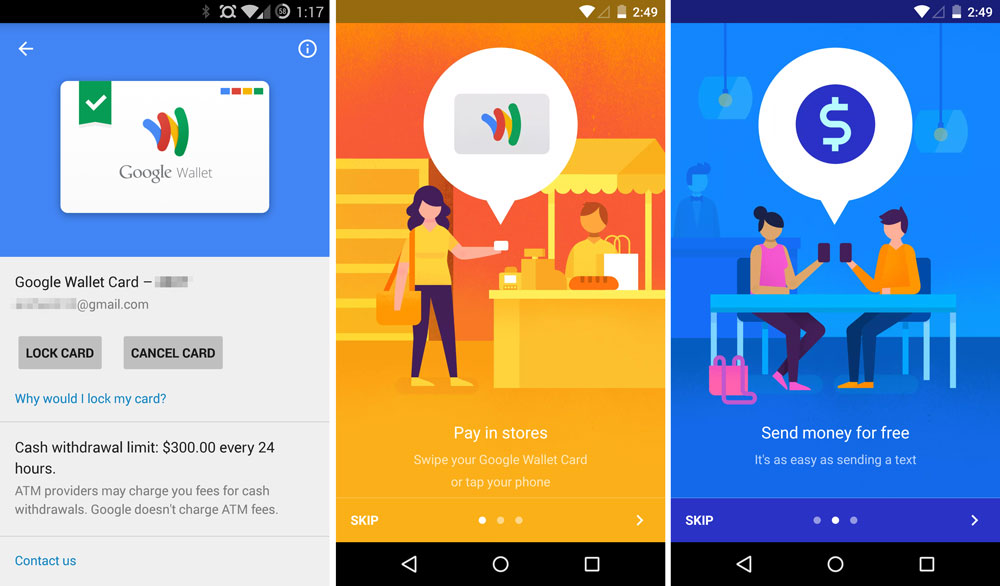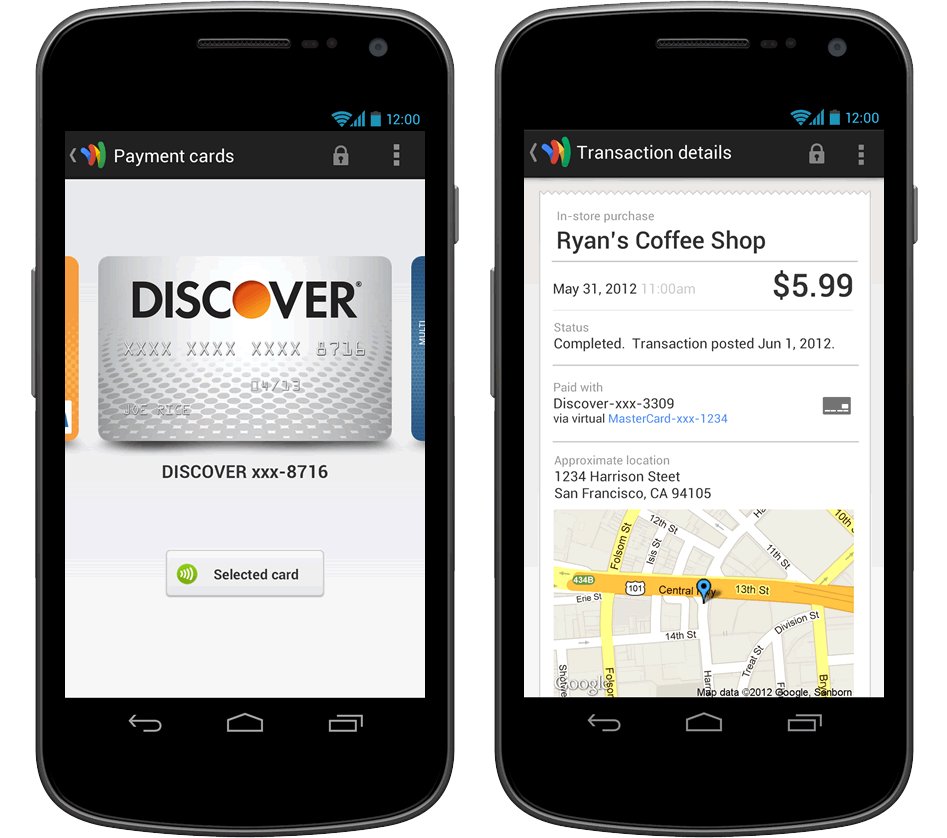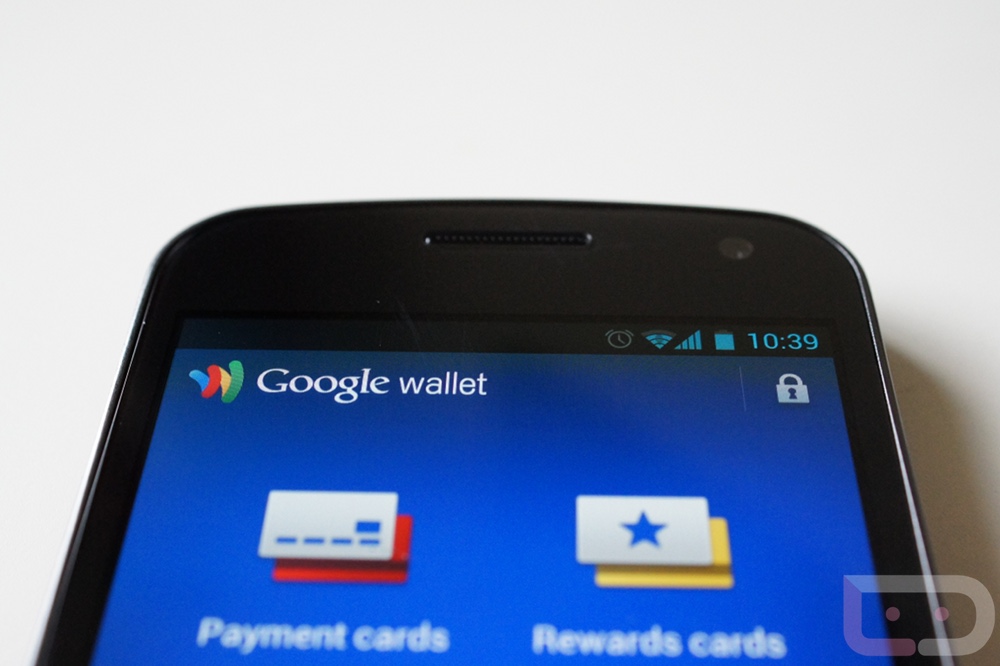

You can use generic passes for any use case that can be presented with:įor more information on the Google Wallet API, or adding an Add to Google Wallet button to an Android application, please see the Google Wallet developer documentation.Īll pass classes and objects must adhere to the Acceptable Use Policy. Here are some example use cases for the generic pass type:

To create a more customized experience, you can use the generic pass type. However, these might not fit every use case. Each pass type, or pass class, comes with use-case specific fields and features to enhance the user experience. We are likely to see similar initiatives from other providers such as Samsung Pay, which are constantly looking for new ways to better integrate services in their portfolio, giving users more reasons to stay within their ecosystem.The Google Wallet API allows you to engage with users through various types of passes: loyalty cards, offers, gift cards, event tickets, transit tickets, boarding passes, and more. Google’s latest initiatives are not only expanding the applicability of mobile wallets, but they are also setting standards that existing and new entrants should aim to attain if they wish to remain competitive.

Relevance and innovative use case scenarios are critical for uptake and continued usage, and Google seems to be on track this time by allowing Wallet to be integrated with complimentary apps and services, offering users a strong reason to adopt. This was a warranted move for Google if it wanted to remain competitive in the mobile commerce space as Apple has already announced or launched many of the initiatives proposed for Google Wallet.

This proposed tight integration with Google’s ecosystem will make the app an integral cog in the wheel of services, and upcoming feature updates will only strengthen its appeal. The dual branding is simple and in sync with rivals’ initiatives (namely Apple) allowing users to understand the portfolio well – Wallet will store the digital version of physical cards, while Pay makes payments. Google Pay, on the other hand, will allow secure payments and money transfers between users, complimenting the Wallet app. Google is also launching APIs that will allow developers to integrate Wallet with related apps, allowing those apps to issue automated alerts regarding travel or flight schedules based on the documents stored in the Wallet. In fact, Google announced that as long as a card has some text, a barcode or a QR code, it can be saved as a generic card by the end user, enabling them to go wallet-free by storing their car, home and office keys as well as their IDs in a single app. At (re)launch time, Wallet will act as a repository of not just the consumer’s credit cards and transit passes but also gift cards, boarding passes, vaccine cards, and even digital car keys and IDs.


 0 kommentar(er)
0 kommentar(er)
